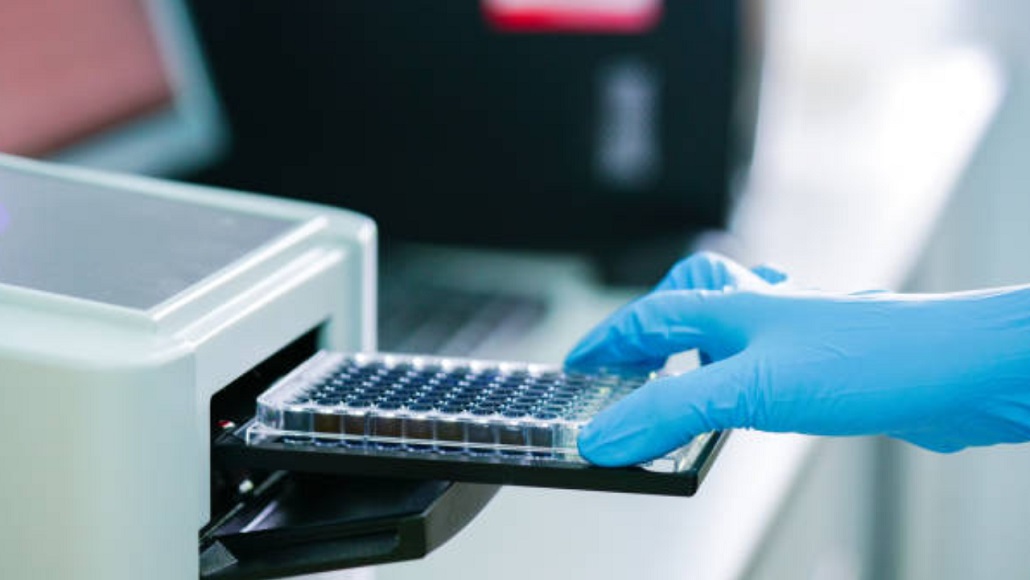ELISA test kits have revolutionized the field of drug discovery and biomarker validation. These kits are essential tools in:
- Advancing medical research
- Learning more about the diseases and therapeutic treatments
However, the process of identifying and validating biomarkers remains complex and challenging because of:
- Difficulty in accurately measuring biomarker levels
- Long timelines for drug efficacy testing
- High costs of clinical trials
Let’s learn how ELISA kits help in drug discovery and biomarker validation.
How ELISA Kits Help in Drug Discovery
1. Find Out the Potential Drug Targets
These kits help find possible drug targets by detecting specific biomarkers or proteins linked to diseases. They also confirm whether the drug candidate interacts with its target molecules, making it easy to determine if a compound can treat a particular disease.
2. Test How Well a Drug Works
Once a potential drug is identified, these kits measure its effectiveness.
They also understand how well a drug interacts with its target. They help determine whether the drug changes the biomarker levels associated with the disease. This also helps to know whether the drug will have the desired therapeutic effect in clinical trials.
3. Test the Toxicity of New Drugs
They are also used to test the toxicity of new drugs. They measure the levels of toxic markers or proteins that cells release in response to the drug. Early detection helps to discover the harmful compounds that could cause adverse effects in patients.
4. Track the Progress of a Drug During Clinical Trials
They measure biomarkers in patient samples. These kits help determine if the drug is having the desired effect. They also help to find out if the drug is safe for continued use in human subjects.
How ELISA Kits Aid in Biomarker Validation
A biomarker is a biological molecule found in the body. It is measured to assess the disease state or the body’s response to treatment. Validating these biomarkers is crucial in developing diagnostic tests and discovering effective treatments.
1. Measure Biomarker Levels in Samples
These kits check the amount of biomarkers in samples like blood or urine. They measure the levels of biomarkers in samples accurately. This helps to show how these substances are related to diseases and how they might be useful for treating health problems.
2. Identify New Biomarkers
They also enable researchers to explore and identify new biomarkers. These biomarkers can indicate disease, drug response, or toxicity.
For example, measuring proteins that are associated with certain cancers can help in predicting the early warning signs and improve early diagnosis.
3. Develop Diagnostic Tests
They are used to check biomarkers which helps in detecting diseases like cancer, diabetes, and autoimmune disorders early and accurately. These tests ensure that biomarkers can be reliably measured in hospitals and clinics, leading to better tools for treating diseases.
4. Personalized Medicine
Biomarker testing plays a big role in personalized medicine. These test kits help in finding biomarkers related to the patient’s disease and developing effective treatments to improve the health of the patients.
The Bottom Line
ELISA test kits have transformed drug discovery and biomarker validation. They have enabled precise identification of drug targets, testing drug efficacy, assessing toxicity, and tracking clinical trials. These kits will remain a cornerstone in the fight against complex diseases, ensuring more effective treatments and better patient outcomes.


















